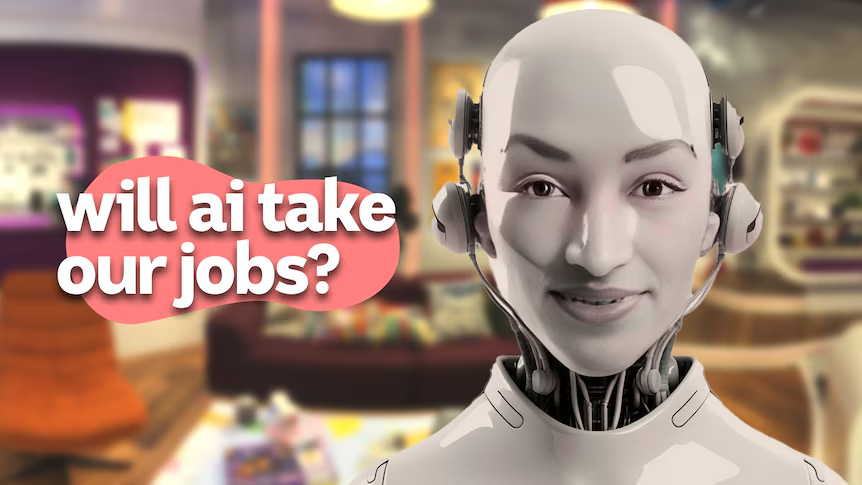In recent years, the rapid advancement of artificial intelligence (AI) has sparked widespread debate about its impact on employment. The question “Will AI take my job?” has become a common concern among professionals across various industries. As we stand in 2025, it’s crucial to address this query with both clarity and foresight. This article aims to provide insights into how AI is reshaping the job market and what steps individuals can take to adapt.
Understanding AI’s Role in the Workplace
Firstly, it’s important to recognize that AI is not designed to replace human workers entirely but rather to augment their capabilities. Yash Tiwari highlighted this point by stating,
“No, AI won’t take your job. AI needs humans to guide it. It greatly improves creativity and how work is done,”
Yash Tiwari
emphasizing the collaborative nature between humans and machines.
Moreover, subject matter experts have a significant advantage since they possess specialized knowledge that AI cannot replicate easily. Therefore, if you’re an expert in your field, the likelihood of AI replacing you diminishes significantly. Instead, AI serves as a tool to enhance productivity and efficiency.
Industries Most Affected by AI
While AI will indeed transform numerous sectors, certain industries are more susceptible than others. For instance, administrative, customer service, and teaching roles may see changes due to AI implementation. However, it’s essential to note that these transformations could lead to augmentation rather than outright replacement, offering opportunities for skill development and career evolution.
On the other hand, jobs within agriculture, mining, and manufacturing are considered less exposed to generative AI, indicating stability in those areas. Meanwhile, information sector jobs might face greater disruption, prompting workers to consider reskilling or upskilling to remain competitive.
Creating New Opportunities
Contrary to fears of mass unemployment, AI is expected to create new job categories while altering existing ones. From 2024 to 2030, there will be emerging positions related to AI management, chatbot optimization, and customer experience enhancement. These roles require understanding and leveraging AI technologies effectively, presenting exciting prospects for forward-thinking professionals.
As noted in another source, instead of asking whether AI will eliminate jobs, we should focus on adapting and thriving amidst technological advancements: “The question isn’t ‘Will AI take my job?’ but ‘How can I adapt and thrive in the AI era?'”. By equipping ourselves with relevant AI skills, we position ourselves favorably in the evolving labor landscape.
Preparing for the Future
To ensure personal success in the age of AI, proactive measures must be taken:
- Continuous Learning : Stay updated with latest trends and acquire necessary technical competencies.
- Adaptability : Be open to change and willing to embrace new methodologies facilitated by AI.
- Specialization : Develop deep expertise in niche areas where human intuition remains irreplaceable.
- Networking : Connect with peers who share similar interests and explore collaborative projects involving AI applications.
By adopting such strategies, individuals can mitigate risks associated with automation and capitalize on emerging opportunities brought forth by AI innovation.
Conclusion
In conclusion, while AI will undoubtedly reshape the workforce over the coming years, it does not signify doom for traditional careers. Rather, it calls for adaptation and growth from all stakeholders involved—from employees seeking lifelong learning paths to policymakers crafting balanced regulations ensuring equitable distribution of benefits derived from AI adoption worldwide.
Ultimately, the narrative surrounding “Will AI take my job?” shifts towards one of coexistence and mutual empowerment when approached strategically. Embracing change proactively positions us best to navigate successfully through this transformative period marked by unprecedented technological progress.

